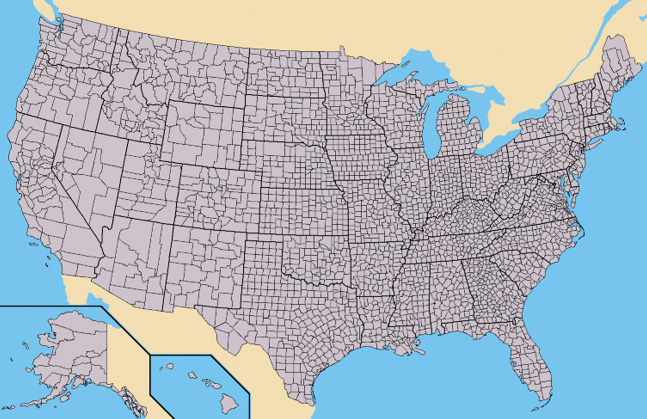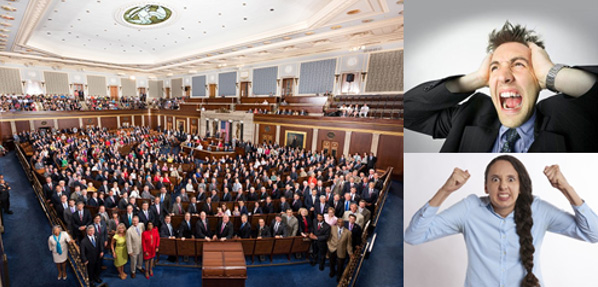END OF YEAR TAX STRATEGIES
For Business Owners and Individual Taxpayers

Yes … it’s hard to believe … the 2018 income tax season is nearly upon us. Certainly, seems like we just finished with 2017.
As the old adage goes, “No time like the present”, to start thinking about what steps to take to be sure you enjoy maximum tax-savings advantage in the first taxable year under the Tax Cuts and Jobs Act (TCJA). So here are considerations for you to discuss with your professional tax advisor.
As ever, Pearson & Co. stands ready to serve you in your tax and accounting needs.

Business Owners
The TCJA reforms can affect the bottom line of many small businesses. Notably, the tax-saving benefits come down to three major categories:
- Qualified Business Income Deduction
- 100% Expense Deduction for Depreciable Business Assets
- Employee Fringe Benefits
Qualified Business Income Deduction
This provision in the tax reform legislation applies to so-called pass-through businesses, i.e. enterprises’ income that is taxed on the firm-owners’ personal tax return. These entities include partners in partnerships, shareholders in S corporations, members of limited liability companies (LLCs) and sole proprietors.
All taxpayers who qualify as described above and who earn less than $157,500 and file singly ($315,000 for a married couple) can now deduct from their overall taxable income 20% of the income they receive via pass-through businesses.
There is more to the story, so be sure to seek guidance from a qualified tax professional. For example, S corporation owner’s salary must meet the “reasonable compensation” standard.
100% Expense Deduction for Depreciable Business Assets
For tax years 2018 through 2025, businesses are now able to write off most depreciable business assets in the year the business places them in service. The 100-percent depreciation deduction generally applies to depreciable business assets with a recovery period of 20 years or less and certain other property.
Machinery, equipment, computers, appliances and furniture generally qualify. Additionally, the TCJA expands definition of eligible property improvements made to non-residential property.
Note: The maximum deduction increased from $500,000 to $1 million per year.
So if you’ve been holding off on these types of purchases, reconsider your position in light of the considerable tax savings that may result.
Employee Fringe Benefits
Entertainment and meals: The new law eliminates the deduction for expenses related to entertainment, amusement or recreation. However, taxpayers can continue to deduct 50 percent of the cost of business meals if the taxpayer or an employee of the taxpayer is present and other conditions are met. The meals may be provided to a current or potential business customer, client, consultant or similar business contact.
Qualified transportation: TCJA disallows deductions for expenses associated with transportation fringe benefits or expenses incurred providing transportation for commuting unless necessary for employee safety.
Bicycle commuting reimbursements: Employers can deduct qualified bicycle commuting reimbursements as a business expense for 2018 through 2025. However, these reimbursements in must be included in the employee’s wages.
Qualified moving expenses reimbursements: Reimbursements an employer pays to an employee in 2018 for qualified moving expenses are subject to federal income tax.
Employee achievement award: Special rules allow an employee to exclude certain achievement awards from their wages if the awards are tangible personal property. The new law clarifies that tangible personal property doesn’t include cash, cash equivalents, gift cards, gift coupons, certain gift certificates, tickets to theater or sporting events, vacations, meals, lodging, stocks, bonds, securities and other similar items.
An employer also may deduct awards that are tangible personal property, subject to certain deduction limits.

Individual Taxpayers
Double-check Your W-4 Form
If you haven’t already done so check to be sure that your employer is withholding the correct amount of federal taxes from your paycheck. The idea is to have your withholdings match your anticipated tax bill, thereby avoiding owing taxes or penalty. On a more positive note, you may find that it is more advantageous to have less withheld and enjoy more take-home pay.
The IRS has made your reality check simple. Just use the IRS Withholding Calculator. Here’s what to do.
Just click here and answer a few questions … Withholding Calculator
Harvest Stock Losses That Qualify as Tax Deductions
If you file jointly you may deduct up to $3,000 ($1,500 if filing singly) in losses on stocks you sell before year-end. Doing so will reduce your taxable income, plus offset any gain on stocks you sell as well.
Compare Benefits of Standard Deduction vs. Itemizing
The new tax law essentially doubled the standard deduction and significantly reduced the qualifications for itemized deductions. Even if you have a history of itemizing, this year you may be better off taking the standard deduction.
Note: Traditionally, Virginia tax law has conformed to federal. However, that is not the case today as the state standard deduction has not been increased to track with the revised federal rules. There are proposals to revise the Commonwealth’s law, so be sure to check with your tax advisor to determine your best tax strategy.
Maximize Your Tax Advantaged Retirement Plan Contributions
Make the most of your 401K, IRA and other tax favored savings plans.
Flexible Spending Accounts
Check on your plan’s deadline for withdrawals and your current account balance. To avoid losing funds, schedule your medical appointments and purchase other health care items covered by your plan.
Divorce Considerations – Possible Sense of Urgency
Thanks to the Tax Cuts and Jobs Act (TCJA), alimony payable for divorces entered into after this year will no longer be tax deductible to the payor and will not be taxed as income to the recipient. That may result in conflicting desires on the part of divorcing couples based on comparative benefits.
Couples considering a divorce should study five areas of concern before the end of the year … ideally with guidance from a tax professional and other expert advisors with a success history of dealing with married partners calling it quits.
- Alimony
- Business Valuation
- Pensions
- Other Assets
- Prenuptial Agreements
Takeaways
Is the tax code complex? Yes … for both business owners and individual taxpayers. And this, the first taxable year under the revised tax code, stands to be even more complex as there are unanswered questions and interpretations that will continue to surface.
Pearson & Co. stands ready to help. Call or email … we’ll respond promptly!











